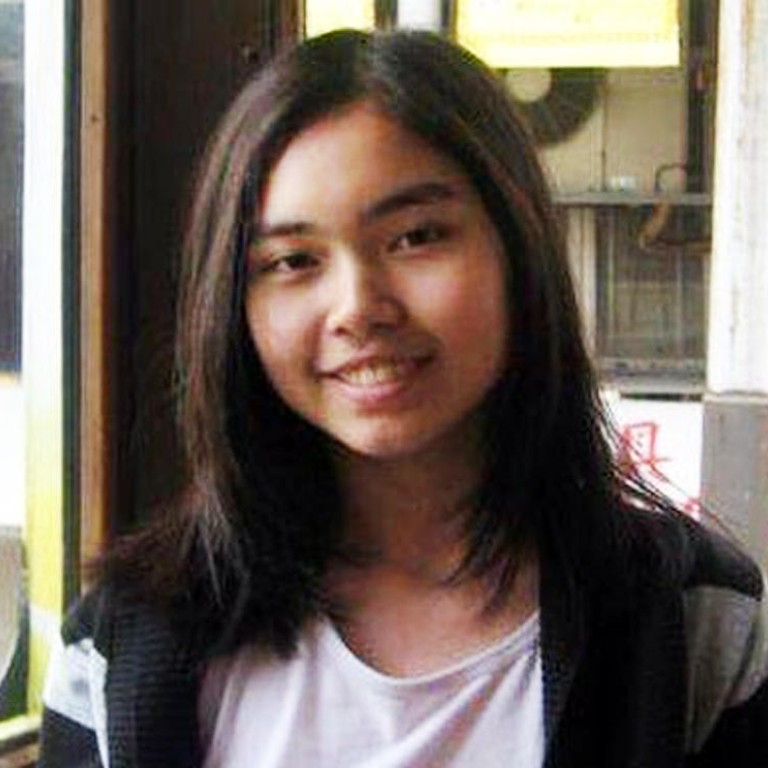
Hong Kong to discuss organ donation opt-out scheme following death of girl awaiting double lung transplant
After death of girl awaiting lungs, minister says 'presumed consent' may still be too controversial
The government will discuss the possibility of making all Hongkongers potential organ donors - if they don't opt out - in an attempt to boost the city's shameful donation rate, the health minister said yesterday.
But Secretary for Food and Health Dr Ko Wing-man stressed the presumed-consent scheme, adopted by many countries, could be very controversial in the city as a previous attempt to explore it a decade ago had triggered an "enormous reaction".
"We will discuss this with the relevant people," Ko said. "I dare not say where [the discussion] will lead, as it really depends on the opinion of the citizens and whether the society can accept [the practice]."
READ MORE: Jamella Lo loses fight for life
Ko was speaking one day after the death of Jamella Mangali Lo, a 19-year-old girl who had waited in vain for a donation for a double lung transplant for more than two weeks.
The scheme, which would have to be implemented through legislation, would automatically make all usable organs from deceased patients available, unless the person had expressed a wish not to be a donor.
A similar scheme was implemented in Singapore in 2009 under the Human Organ Transplant Act. Around three per cent of Singaporeans opt out of donating organs.
At any given time, there are more than 2000 patients in Hong Kong waiting for donations of vital organs and other body tissues for a transplant. But only around 174,000 people - 2.4 per cent of the population - have registered as potential donors in the government's Centralised Organ Donation Register.
READ MORE: Dying girl 'too weak' for transplant
The local organ donation rate is 5.4 patients per million population, compared to 20.4 in the UK and 27 in the US, according to the International Registry in Organ Donation And Transplantation.
Dr Chau Ka-foon, former president of the Hong Kong Society of Transplantation, said the presumed-consent practice could be difficult to implement in the city due to the traditional Chinese belief which considers postmortem organ removal as "desecrating a corpse".
She said it may also create disputes and tension between medical staff, who could by law harvest the organs, and families, who may refuse to donate body parts of their loved ones.
"Education to change the concept of [organ donation] is a really important foundation for the practice," she added.
Ko also said public hospitals should review whether there is sufficient manpower and resources devoted to carrying out organ donation procedures. They should also ensure medical staff of different specialities are willing to alert the hospitals about potential donors.

